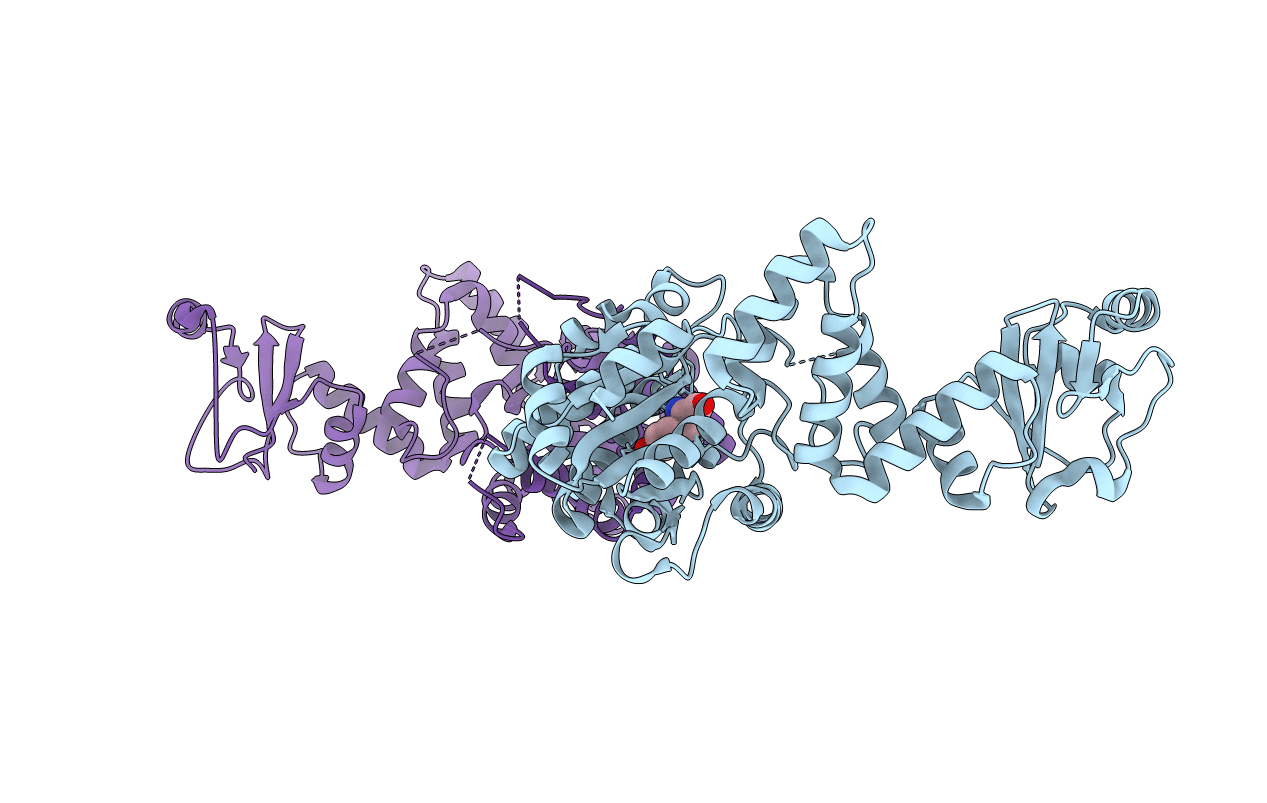
Deposition Date
2014-02-16
Release Date
2015-01-28
Last Version Date
2023-09-20
Entry Detail
PDB ID:
4OUD
Keywords:
Title:
Engineered tyrosyl-tRNA synthetase with the nonstandard amino acid L-4,4-biphenylalanine
Biological Source:
Source Organism(s):
Escherichia coli (Taxon ID: 1403831)
Expression System(s):
Method Details:
Experimental Method:
Resolution:
2.65 Å
R-Value Free:
0.30
R-Value Work:
0.22
R-Value Observed:
0.22
Space Group:
P 1 21 1


